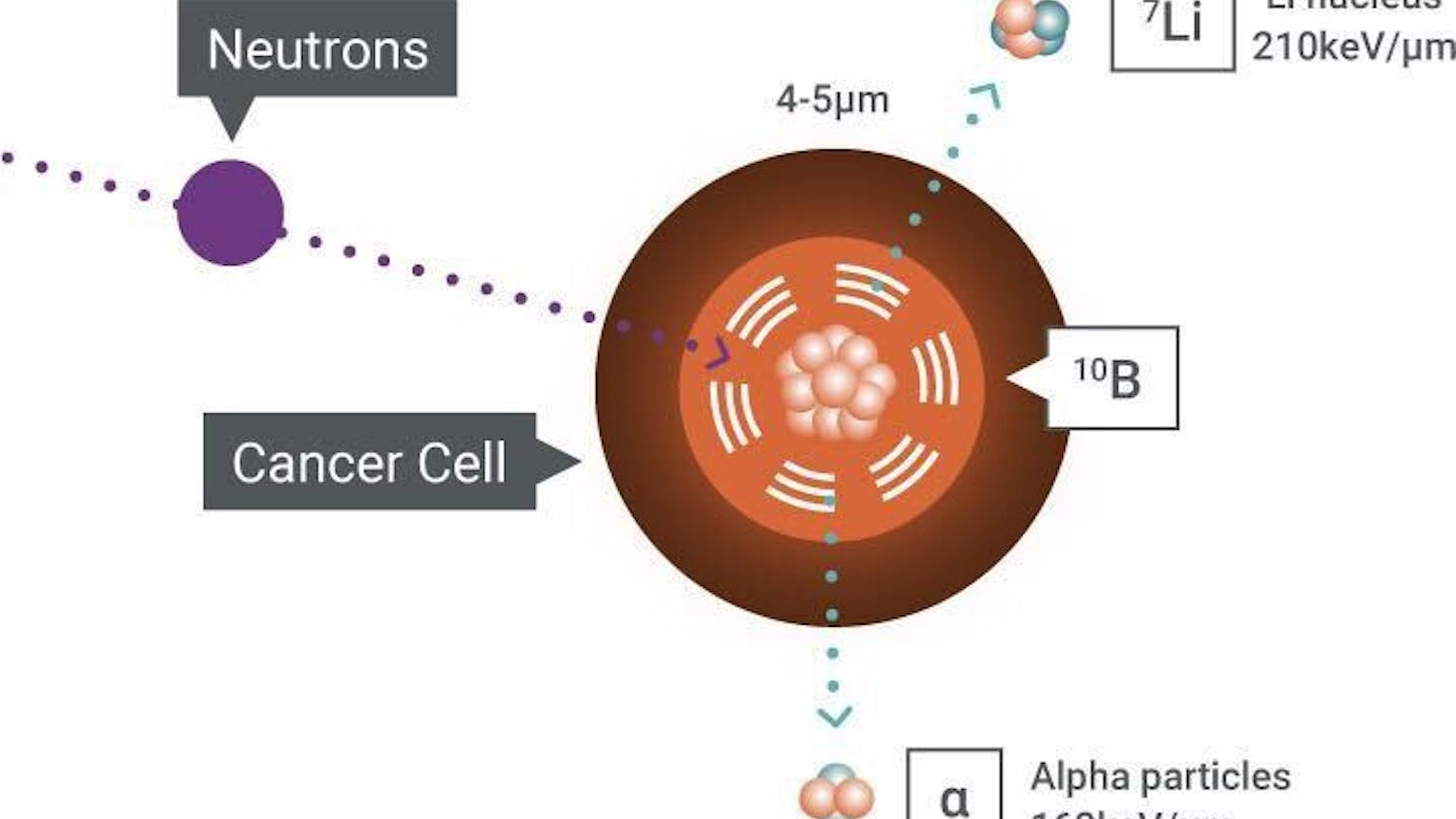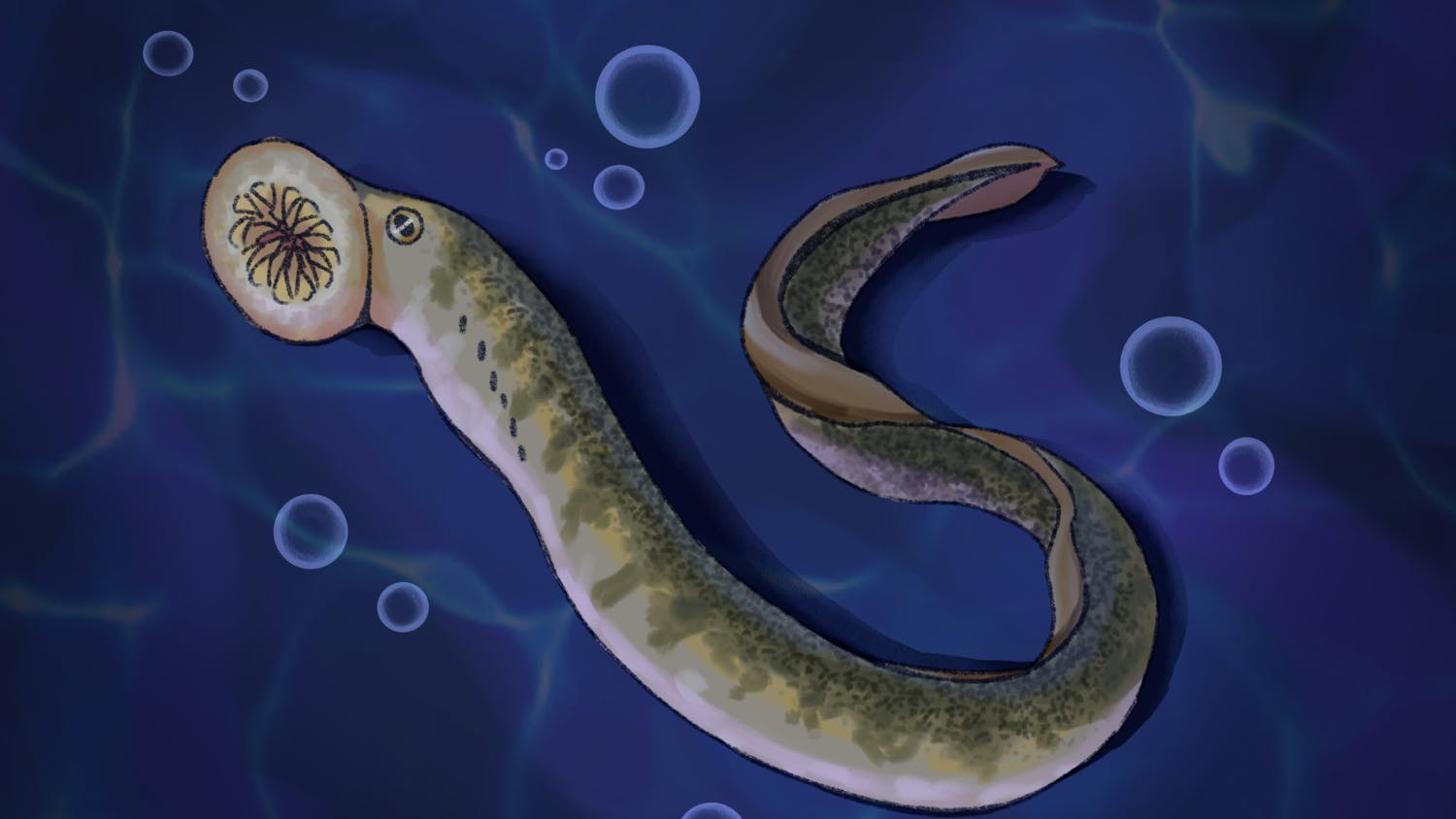Maintaining what nature has to offer us and harmonizing the relationship between nature and humans is the goal of sustainability.
A sustainability researcher who is part of the effort to make agricultural systems more productive and effective is Molly Jahn, a professor in the departments of Agronomy and Genetics at the University of Wisconsin-Madison, and a member of the Center for Sustainability and the Global Environment. Her research has focused on disease resistance and the molecular genetics behind it. She has a successful career in advocating for the advancement of good food systems.
“One of my top goals has been to ensure that we have nutritious tasty crops coming from agriculture,” Jahn said.
Indeed taking that notion, Jahn’s research has produced a lot of crop varieties that provide sustenance on six continents. She is also interested in the benefits that the people who grow and eat these crops recieve.
As a public sector vegetable plant breeder, Jahn brought together disease resistance and an inherited seed to create better seed varieties. With efforts such as these, she recognized the importance for breeding in and for organically managed agriculture. In 2011, she worked with organic breeders and realized the systemic interactions involved in creating a business cycle. With a network, breeders and chefs helped create good food that came from healthy systems.
While working with potato farmers and their effort to tackle environmental problems, Jahn recognized the need for community presence and network interaction. Jahn discussed the need for the science world to create a safe operating space for the producers, chefs and consumers to promote sustainability efforts.
Jahn explained how maximizing production does not always result in food security. Only recently have the intersections of different components of agriculture, such as land and water, with food systems been identified and clarified.
To further research and development in building operating spaces for the food systems, Jahn and her colleagues have connected with Oakridge National Laboratory under University of Wisconsin-Madison provost leadership. This bridge helps establish internship and research opportunities with a focus on data knowledge, modeling and analytical approaches in areas of climate, water and other environmental sciences. Jahn discussed these were opportunities for stronger exchanges, particularly for students.
“We don’t always have very good quality tools for these interactions. [For example, we might understand] agricultural productivity, but not necessarily how water works, or [realize] how water works but not the consequences of climate,” Jahn said.
To better understand these interactions, Jahn and her team have begun a collaboration with the U.S. Department of Energy at a flagship national laboratory to conduct basic science research. Thus began the land, water and energy nexus, which is an area recently instituted to focus on risk alleviation in food systems.
The idea is to collect data and modeling capabilities to better understand the uncertainties in agriculture. She has helped create broad collaborative networks from global leaders in government, business and academia. Jahn said that the scientific frontier she faces includes “not just valuing risk but it is also valuing risk that we avoid and that is actually very hard to do.”
Three main goals of this research include better knowledge, management and collaboration. The first idea is to gain a better understanding of the different layers associated with global food systems, which relate to their respective stability or failure. In preventing systemic risk, another idea is to manage the dynamics of food production and consumption. Lastly, the necessary advancement in the understanding of global food systems was recognized via the need for partnership and broad-scaled exploration.
In order to advance sustainability in agriculture, layers need to be identified and studied, including food, soil, landscape, weather, climate, water, public health and genetic diversity. In addition to these factors, Jahn and other sustainable researchers also hope to discover and explain the interface of other resources such as energy, aquaculture and livestock.
Professor Jahn’s focus in this initiative has been to model economic, social and environmental consequences of disaster scenarios and their impact on food systems. With partnerships and funding, researchers hope to plan and assess studies that would later result in implementation of new ecosystem services.






